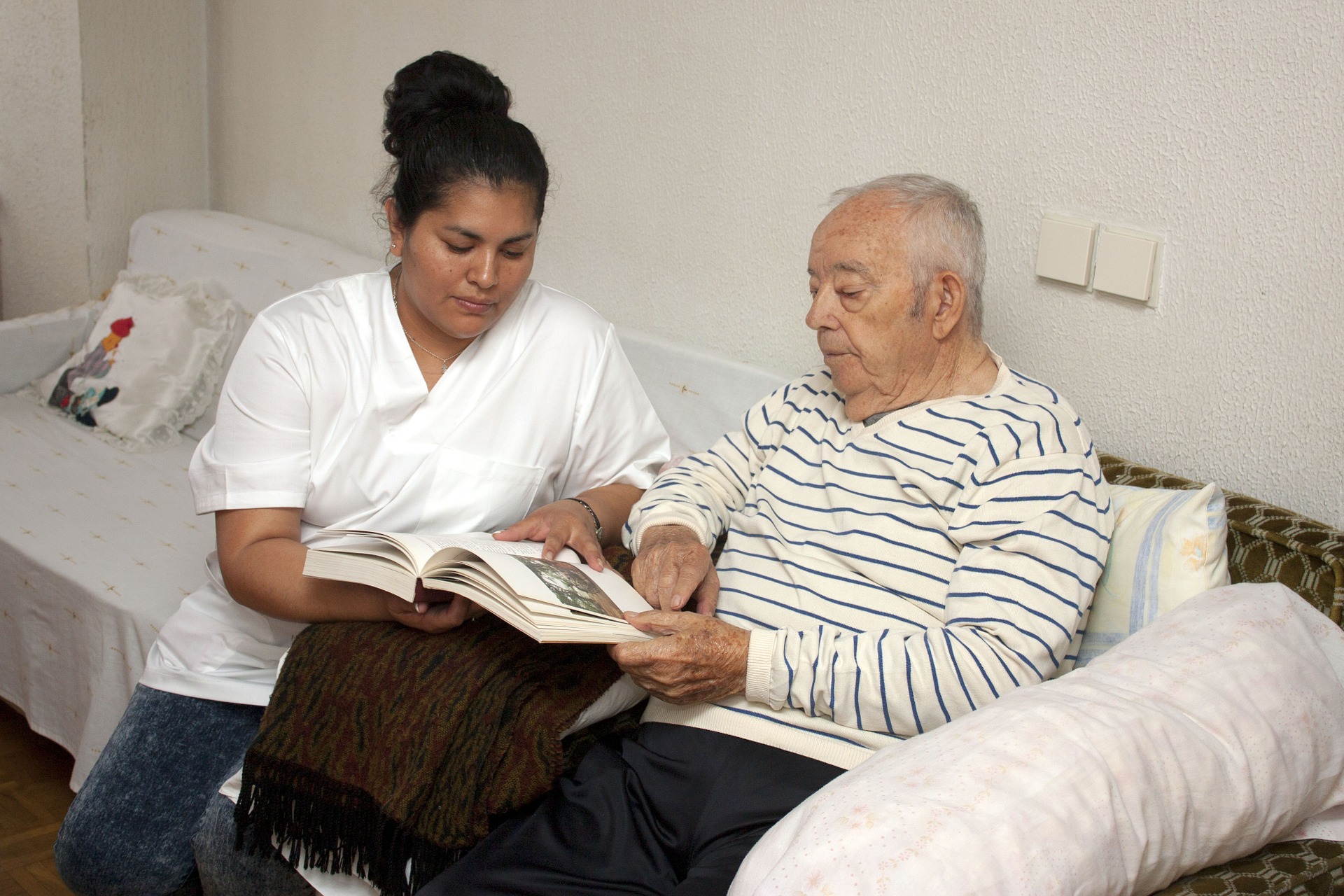In the past, there have been many concerns about assisted living facilities. These concerns stemmed from stories of abuse or neglect – and even if these anecdotes did not reflect the industry as a whole, they did make people worry about their loved ones. What you may not realize is that there are many laws and regulations which govern how your loved one will be treated, and being armed with this knowledge can make you feel more at peace with your decision. Here are some basic Florida assisted living laws and regulations you should know about.
Florida assisted living facilities are licensed and regulated by the Agency for Healthcare Administration. All facilities under the agency’s purview must meet certain standards to maintain their license – and are subject to periodic audits to ensure they are staying within legal regulations.

- Assisted Living Service Plans: Within a new resident’s first month at an assisted living facility, they must first have a medical exam and meet with facility admins to establish an appropriate individual service plan. This record of the tenant’s needs and expectations includes medical requirements, medication management, and specific physical needs. Service plans must be updated monthly and assessed by a nurse or physician. The service plan works in tandem with the residential agreement, which outlines the new resident’s rights, responsibilities, and expenses.
- Assisted Living Admission Requirements: Florida assisted living facilities (ALFs) are only allowed to accept new residents if they are adequately equipped to meet each person’s needs. ALFs can typically welcome people who are capable of participating in social and leisure activities, who need minimal assistance with walking and mobility, and who can perform most ADLs with minimal assistance. Assisted living facilities are not permitted to accept residents who require the use of restraints or who represent a danger to themselves or others. Those who need 24-hour nursing care or need assistance with all ADLs cannot be admitted. Other circumstances which may disqualify a resident are if they are bedridden, or if they have an illness that is likely to cause them to be debilitated.
- Scope of Care – Licensure: All Florida facilities are required to obtain a Standard license to legally operate. This license allows for limited medication assistance, housing, promotion of social engagement, and basic assistance with activities of daily living, such as bathing, dressing, and eating. Another licensure such as Limited Nursing Services, Limited Mental Health, and Extended Congregate Care (ECC) licenses may be obtained to permit facilities to provide more significant assistance with ADLs and mental health care. The ECC license affords the highest level of assistance for individuals with physical or mental disabilities and dementia-related conditions. Properly licensed centers are also allowed to admit independent home healthcare agencies to help residents with further needs. Extended licensing gives seniors the opportunity to age in place rather than being relocated if their condition deteriorates or changes.
- Medicaid Policy: Florida Medicaid won’t finance assisted living facilities directly. However, there are several programs that will reimburse the beneficiary for personal care services received in an assisted living facility, while nursing home-eligible residents may be reimbursed under Florida’s Long-Term Care Waiver program. Room and board expenses at Florida assisted living facilities aren’t capped for Medicaid recipients.
- Assisted Living Facility Requirements: Florida assisted living laws state that the facility must meet specific logistical requirements to guarantee that residents live in a positive, accessible, and comfortable environment. Facilities may provide either private apartments or single- and multiple-occupancy bedrooms within shared spaces. Regulations require lockable doors, full-use kitchens, a minimum of square footage, and accessibility features for people with reduced visual and functional capacity regardless of living structure. Private assisted living residences must provide 80 square feet per resident at a minimum. Multiple-occupancy rooms are allowed no more than two residents. in addition to the minimum of 60 square feet of usable space per person, at least 35 feet of living and dining space must also be provided for multi-resident apartments. Shared bathrooms must offer one lavatory and one bathing area for every six and eight residents, respectively. In facilities licensed for ECC(Extended Congregate Care), bathing areas are limited to four occupants.
- Staffing and Training Requirments: All Florida ALFs must hire direct care staff, and must keep enough staff on the grounds to meet the required staff-to-resident ratios. Facilities that have Limited Nursing Care or Extended Congregate Care licensing must have a nurse on staff who can provide medication administration. In facilities that have Extended Congregate Care licensure to house disabled or mentally handicapped individuals, staff in those units will be specially trained to care for residents with specific disabilities or dementia.
When hired as an ALF employee, direct care staff undergo a training orientation created by the Department of Elder Affairs. The required administrator training includes a minimum of 26 hours of training on the health and safety of residents; and an additional 12 hours of management training every two years. - Background Checks and Reporting Abuse: Comprehensive background checks are required of assisted living employees, administrators, owners, and board members. An individual cannot be professionally associated with an ALF if they have any past convictions or proven incidences of violent behavior, abuse, neglect, or exploitation. Before lodging a complaint against an assisted living facility, the matter should be taken first to facility administrators. If no resolution is possible, then the Agency for Healthcare Administration will accept complaints regarding facilities that fail to meet state requirements or fulfill their contractual obligations. Their online complaint form can be found at apps.AHCA.MyFlorida.com, or at the Agency’s healthcare provider complaint portal. For the reporting of suspected elder abuse, families should contact Adult Protective Services using the Florida Abuse Hotline at (800) 962-2873. A reporting form can be downloaded by visiting DCF.state.fl.us.
A Banyan Residence invites you to visit to ask any questions you may have about Florida assisted living laws. Call today to schedule a tour.
